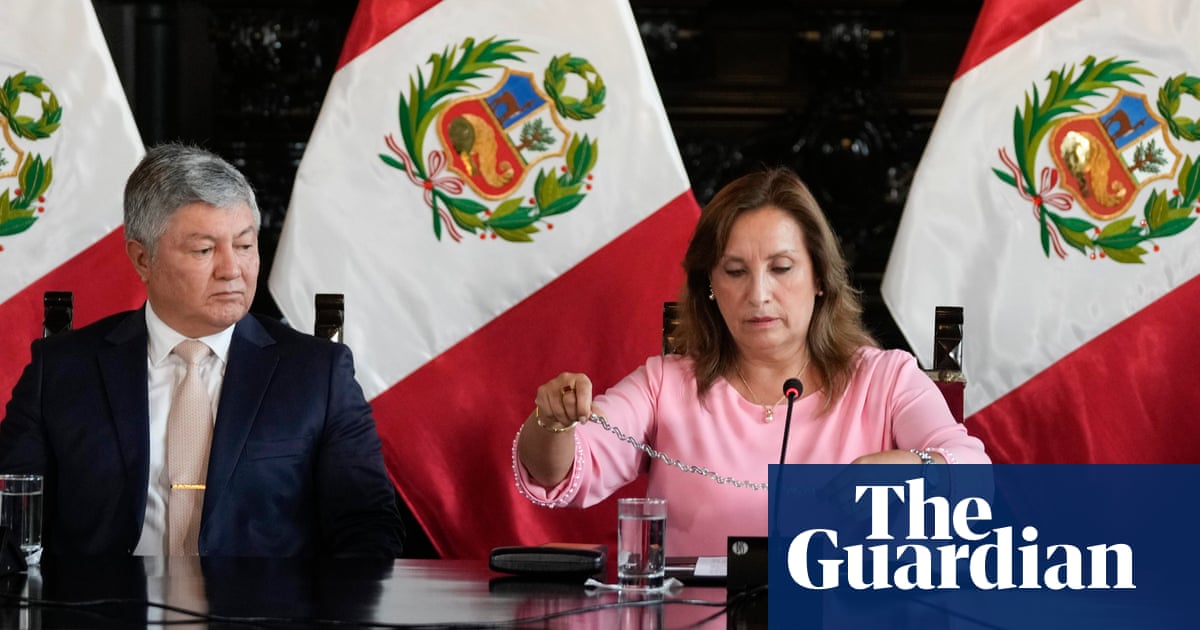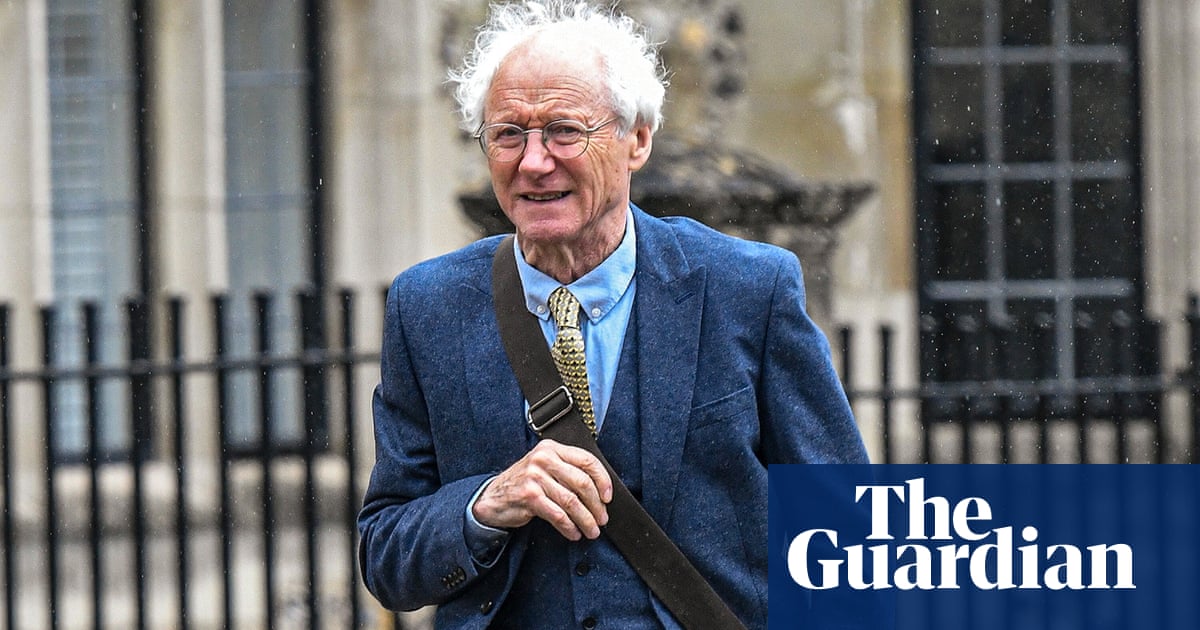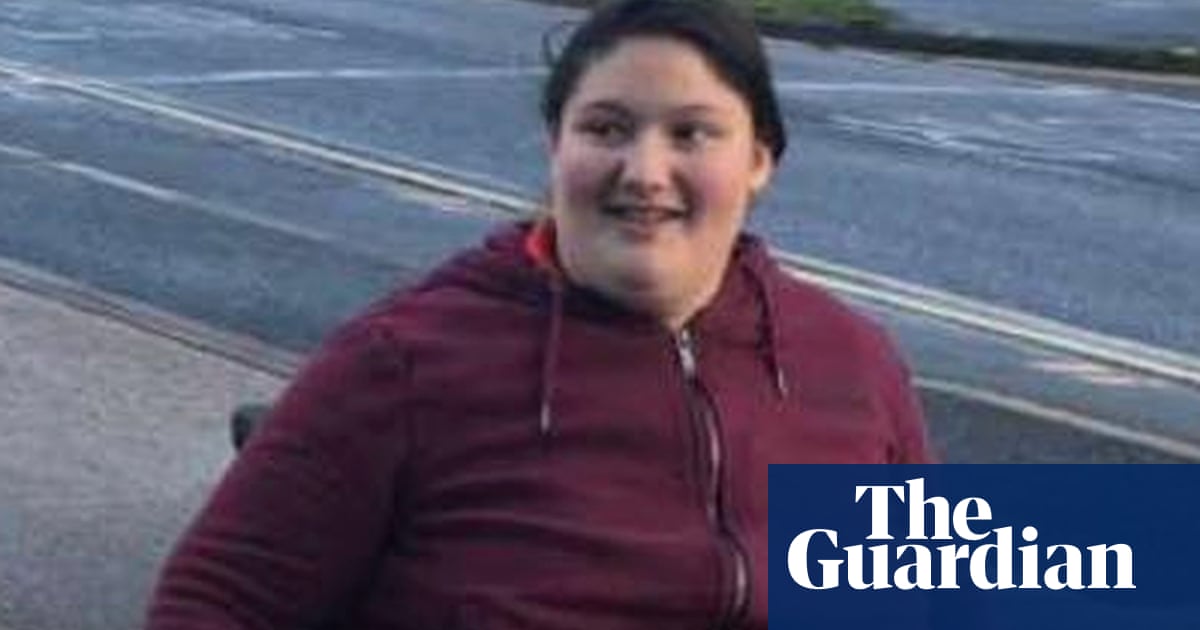
Allegations of systemic corruption, cronyism, jury intimidation and misuse of public funds are being aired in a courtroom in the British Virgin Islands (BVI) after the UK government set up a commission of inquiry into mis-governance in the British overseas territory.
More than 50 lengthy public hearings, and voluminous written evidence, have revealed a dark underside to the BVI, one of the biggest tax havens in the world, as well as exposing a deep well of resentment among some of the Caribbean island’s politicians at the controls placed on them by London.
During the hearings, the former British attorney general, Sir Geoffrey Cox QC, has represented the BVI premier, Andrew Fahie, and other government ministers.
Allegations aired at the hearings range from unaudited spending on a $40m (£29m) Covid stimulus fund, the handing out of contracts worth close to £100,000 to politically connected people, a £10m land development deal, the selective granting of BVI citizenship or “belonger” status, handing out of Crown Property and drug running.
The hearings are raising fraught issues about the constitutional authority of London, through the governor, to rule the island.
The governor takes papers to cabinet, chairs its meetings and gives advice, but has no vote and only indirect responsibility for financial matters.
The commission of inquiry was set up in January 2021 by the Foreign, Commonwealth and Development Office, with some on the island claiming it was an imperialist parting shot by the outgoing governor, Gus Jaspert, a diplomat who had stormy relations with Fahie over the division of responsibilities on the island.
At one point in the livestreamed hearings, Cox turned on the UK government by asking the commissioner conducting the inquiry, Sir Gary Hickinbottom: “The governor has sat for 20-30 years in cabinet, seeing these decisions go past him. What have they done until last year when you were called in the midst of an obviously quite bitter and heated dispute between a governor and a premier?”
Cox also complained the inquiry amounted to a judicial review of almost every major decision taken by the BVI cabinet in the last 12-15 years.
Giving evidence this week, Jaspert said he called for the commission of inquiry because he felt he had no alternative. He said he took the step “due to cumulative concerns about good governance” involving all manner of government contracts. Other serious concerns included “intimidation of public officers, decisions being directed outside of processes, and allegations of links to organised criminality and to those involved in the cocaine trafficking trade, including allegedly amongst those of the highest holders of office”.
Fahie has used the commission to condemn Britain’s history as a slaver, asking why there was no commission of inquiry into reparations or the Windrush scandal. Fahie, who is still giving evidence, has accused the governor of constitutional overreach, denied specific allegations of impropriety and accused Whitehall of depriving the Islands of necessary resources.
Fahie, who often says a prayer before giving evidence, said he had come “to clear this government and this country’s name because none of it went to our pockets, none of it went to any family and friends, as has been told”. He claims the islands have been pressed to accept highly conditional £300m loan guarantees from an unaccountable London government.
The commission has also heard evidence from John Rankin, the current governor, who highlighted a series of government contracts he said had been awarded without following correct procedure, as well as a number of dubious appointments “where the political connections of the individual lead to a concern that the individual may have been selected for inappropriate reasons”.
The commission has also received written evidence about claims of police inefficiency from Mark Collins, the commissioner of police who was previously chief constable of the Dyfed-Powys force in Wales. He said surveys showed there was “a total deficit of trust and confidence as to Royal Virgin Island police force professionalism, integrity and ability to act on information offered, instead of divulging amongst colleagues and friends”.
He claims vacancies exist for a fifth of the police force, owing to lack of funding, and that there was a level of under-resource that would make any UK police force ineffective. He wrote: “Policing the waters around the BVI is also a challenge. We know that due to our close proximity to the US Virgin Islands there are regular drug runs and criminal activity that goes unchallenged despite our best efforts.”
Some serving officers held second jobs that were incompatible with being a police officer, he said.
He also questioned the independence of the courts, saying BVI citizens protected one another. “This creates a big issue when all parties are known to each other, and historically justice will not be bestowed on a fellow belonger, instilling a feeling of omnipotence for the few.”
Such is the level of witness intimidation that there was a case for jury free trials in fraud cases, he said.












